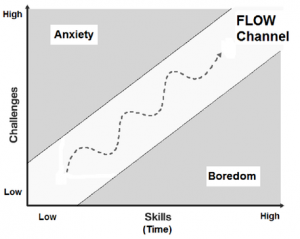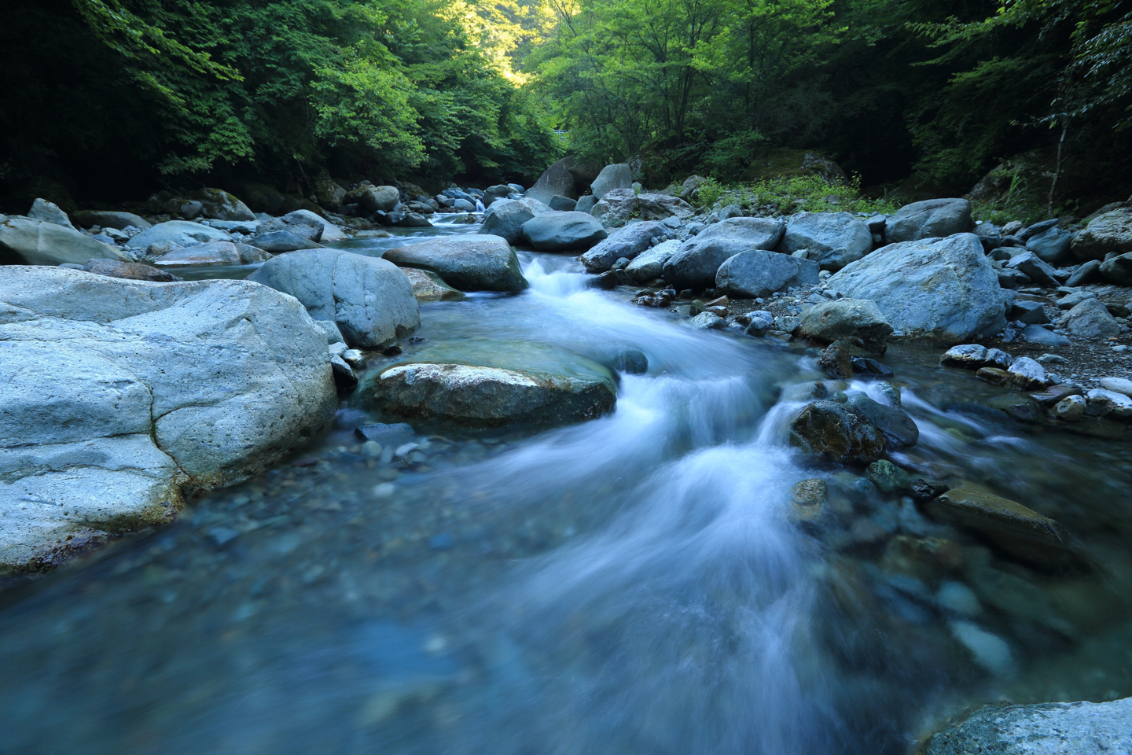I often hear stories of people who are constantly chasing something more in their life. It might be money, power or a new job title. This continuous race seems to be the only way to feel better, satisfied or fulfilled, but at end there is always something missing or a reason to be unhappy. Further, most people tend to compare themselves to others on how rich, powerful, talented, smart, successful others are, and wanting to push themselves to do more. All this process absorbs energies and requires effort to reach something evanescent. This desire of reaching the next level is related to the need of getting others’ approval, since it feels good to be admired by other people, to boost self-esteem and to progress towards mastery. There is an insane idea that the higher pressure on yourself to perform more it will lead to secure success. The stress that the desire for superiority puts on you takes away some of your brain’s capacity and ability to maintain a good performance in a long term. Therefore, it’s important to find another way to motivate yourself to perform better and feel satisfied with what you have achieved.
How can you experience a state of flow in your life? When you experience flow, you have a sort of a quiet sense of control or strength or confidence in you. You have a sense of clarity about what you want to achieve and how you’re going to get it, and at the same time, you don’t feel overwhelmed when you’re confronted with obstacles. People who get to experience these high levels of flow no longer have doubts about what their purpose in life is. They know that the purpose is to nurture the talent that enables them to experience this flow.
According to the positive psychologist, Mihály Csíkszentmihályi “Flow is the optimal experience. The short and simple word describes well the sense of effortless movement.” Csíkszentmihályi introduces this concept of flow along with his studies about happiness and the optimal experience in life. “The Flow is the state in which people are so involved in an activity that nothing else seems to matter; the experience itself is so enjoyable that people will do it even at great cost, for the sheer sake of doing it.”
The common characteristics of a state of flow are: 
- Concentration on what you are doing
- Action and awareness
- Loss of reflective self-consciousness
- Feeling in control of the situation
- Time running faster
- A sense of accomplishment
Flow moments are characterized by three important features: distorted perception of time, a lack of self-consciousness, and an intense focus on the present moment.
How is it possible to experience a state of flow during your life? What can increase it?
Some key elements are:
- Clear goals
- Focused energy on a specific aspect of your life.
Having clear goals and learning from feedback are two important aspects of living an experience of flow: you feel in control of the situation, and you believe your skills to be adequate to face the challenges. You experience a sense of learning, and you are in a process of development and growth, where concentration, involvement, enjoyment and motivation all work together in the same direction to reach something worthwhile in your life.
The state of flow is like a river that runs between two banks: boredom and anxiety. You are moved toward boredom when you lose interest, your abilities and competencies are not used at their best or there is no more challenge. On the other hand, you perceive a sense of anxiety when the challenge overcomes your abilities. When you encounter a situation where you don’t feel in control, a sense of anxiety and incapability takes over you. When this happens, it could be because you established unrealistic goals or because the external conditions didn’t match them. The dimension of challenge and pleasure is well balanced when a dynamic balance between action capacities and action opportunities is established: under these conditions, there is little opportunity for the self to be threatened. You can experience flow regularly when you are doing something that you find enjoyable and challenging at the right level. The best way to get more flow into your work life is by identifying what you’re good at, or skilled at, and nurture those talents. This requires courage and hard work, but it will be worth it. Flow activities make you constantly grow, evolve and learn. Flow helps you progress towards mastery, increases happiness levels and consequently your chances of success.
To recognise the moment of your life when you experience a state of flow, you have to think when you feel a sense of joy, when you perceive a strong connection between you and the external reality, when you don’t feel the pressure of your judgmental self and you are enlightened by a sense of fulfillment, discovery and growth. These are the situations in which you can do your best and your performances improve.
“Enjoyment appears at the boundary between boredom and anxiety, when the challenges are just balanced with the person’s capacity to act” Mihály Csíkszentmihályi.








